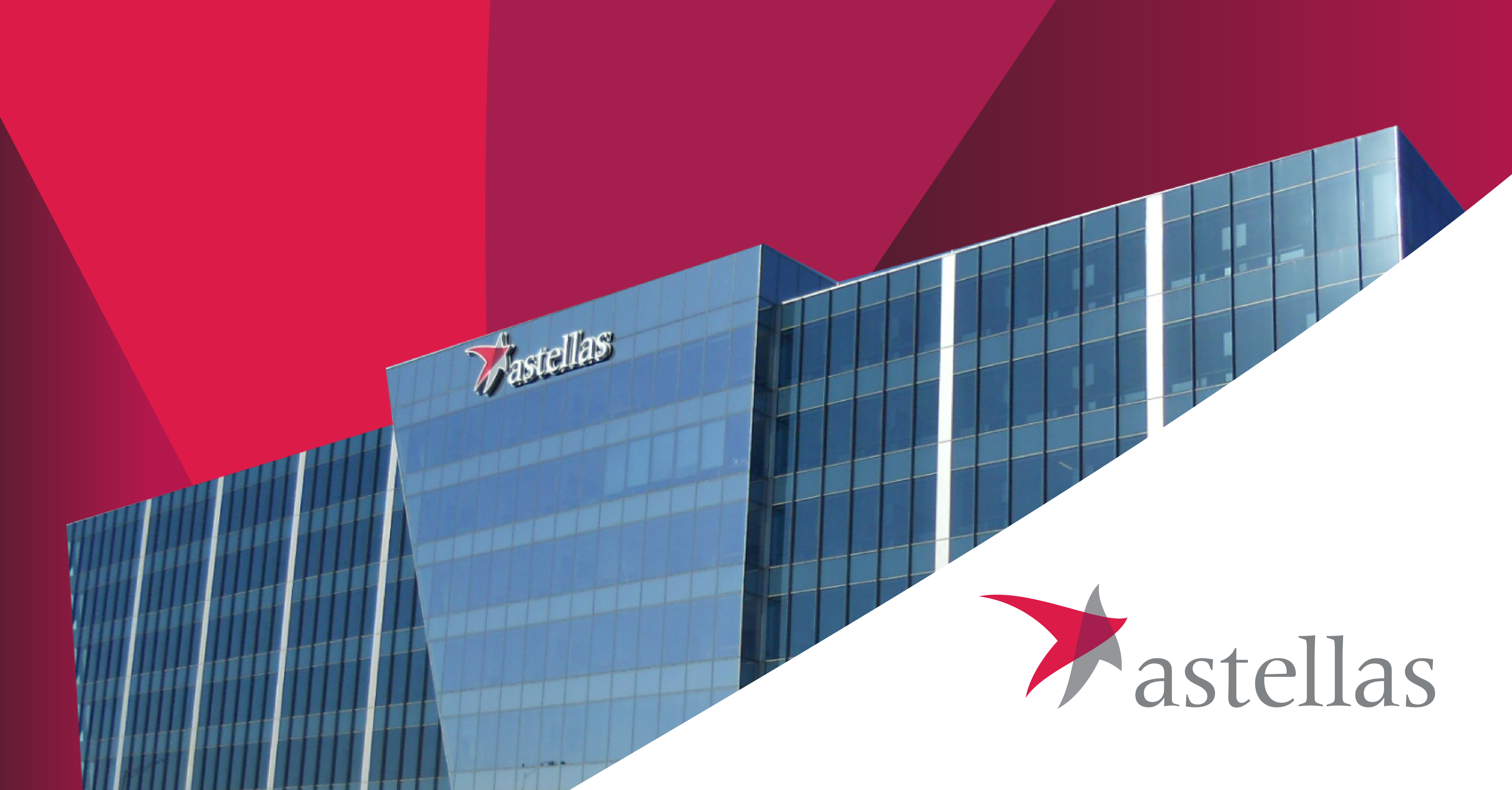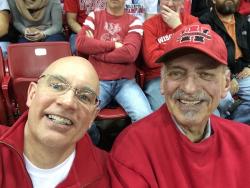You are now leaving XTANDI.com
The website you are about to visit is not owned or controlled by Astellas. Astellas are not responsible for the information or services on this site.

As tens of thousands of researchers, clinicians, and industry leaders descend upon Chicago for the annual meeting of the American Society of Clinical Oncology (ASCO) breakthrough science and promising statistics in cancer care are inarguable.

The Annual Report to the Nation on the Status of Cancer, published this spring by the Centers for Disease Control and Prevention, the American Cancer Society and other public and private-sector organizations, showed that mortality rates for the most common cancers in men and women, including lung, colorectal, female breast, and prostate, have continued to decline. With the exciting progress we’re seeing in immunotherapies, personalized medicine and other therapeutic areas, there is every reason to believe that meaningful progress will continue well into the future.
However, defeating cancer is about more than breakthroughs or statistics alone. In the midst of all the scientific excitement, we must not lose sight of the fact that a disease like cancer, even if treatments are ultimately successful, fundamentally changes the life of the person battling it.
Those of us who have devoted our careers to changing lives need to define “life” in a holistic way, beyond the cellular level. This begins with supporting ways to reduce the impact of cancer treatments on patients. At Astellas, our team is deeply encouraged by what we’ve seen, for example, in the use of virtual reality to help people better manage the high degrees of stress that accompany treatment. What’s more, the continuing proliferation of online and community-based support networks is increasingly helping to ensure that people fighting this disease never have to feel alone.
Even beyond that, though, we need to focus our ideas and energies on how we can help cancer patients regain the lives that the disease stole from them. We’re learning more about the benefits of helping people process the emotions they experience during diagnosis and treatment, establish post-treatment plans, and rebuild their confidence regarding career, education, finances, and relationships.
As a company and industry, one of the most important things we can do to help achieve this holistic approach to cancer care is put ourselves squarely in the shoes of those fighting the disease. Not too long ago, this hit close to home when my father was diagnosed with head and neck cancer and my perspective of our healthcare system completely changed. Although I had been working in the industry for more than 20 years, I found myself confused and frustrated when I was put into the caregiver role. As I attempted to navigate the system and coordinate the right care for my father, I was met with both discrepancies in treatment options and constant misunderstandings.
My experience as a caregiver reinforced my view that we must ask patients and their caregivers about their lives with the disease and how it has affected them on a daily basis. Only then can we truly understand the impact of the disease and help patients live fully after their diagnoses.
In 2015, Astellas co-developed a prospective patient registry for individuals with castration-resistant prostate cancer (CRPC). The program, Treatment Registry for Outcomes in CRPC Patients (TRUMPET), is designed to follow 1,200 patients for up to six years and evaluate each patient’s clinical and quality of life experience with the disease. With more than 600 CRPC patients already enrolled, TRUMPET helps us understand how these men manage CRPC, navigate the healthcare system, and make treatment decisions with family and caregivers. Importantly, it helps us shape future research and allows our company to make use of real world evidence with patient outcomes and quality of life in mind.
I’m both encouraged and excited that cancer is losing ground every day to our scientific progress. The major breakthroughs and the continual incremental successes are critically important. But I also believe that we, combined with other leaders across healthcare, have the obligation, will and the resources to achieve the most important victories – helping individuals regain the bright outlook they had before the day they received that life-altering diagnosis.
When ASCO kicks off next week, let’s approach our time together with this mission in mind.
 |
Get only the email alerts you want.
For media inquiries and reporter requests, please email us at corporate.communications@us.astellas.com.
Our communications team will respond to verified media requests within 24-48 hours as appropriate.
If you are not a reporter and need assistance, please visit our contact us page that includes information for patients, healthcare providers and researchers.
This website is intended for U.S. residents only. This website contains information about products that may not be available in all countries, or may be available under different trademarks, for different indications, or in different dosages. Nothing contained herein should be considered a solicitation, promotion or advertisement for any drug including those under development. Any information on the products contained herein is not intended to provide medical advice nor should be used as a substitute for the advice provided by your physician or other healthcare provider.
The site uses cookies to provide you with a more responsive and personalized service and to analyze site traffic. By using this site, you accept our use of cookies as described in our privacy policy. Please read our privacy policy for more information on the cookies we use, the processing of your personal data and how to delete or block the use of cookies.